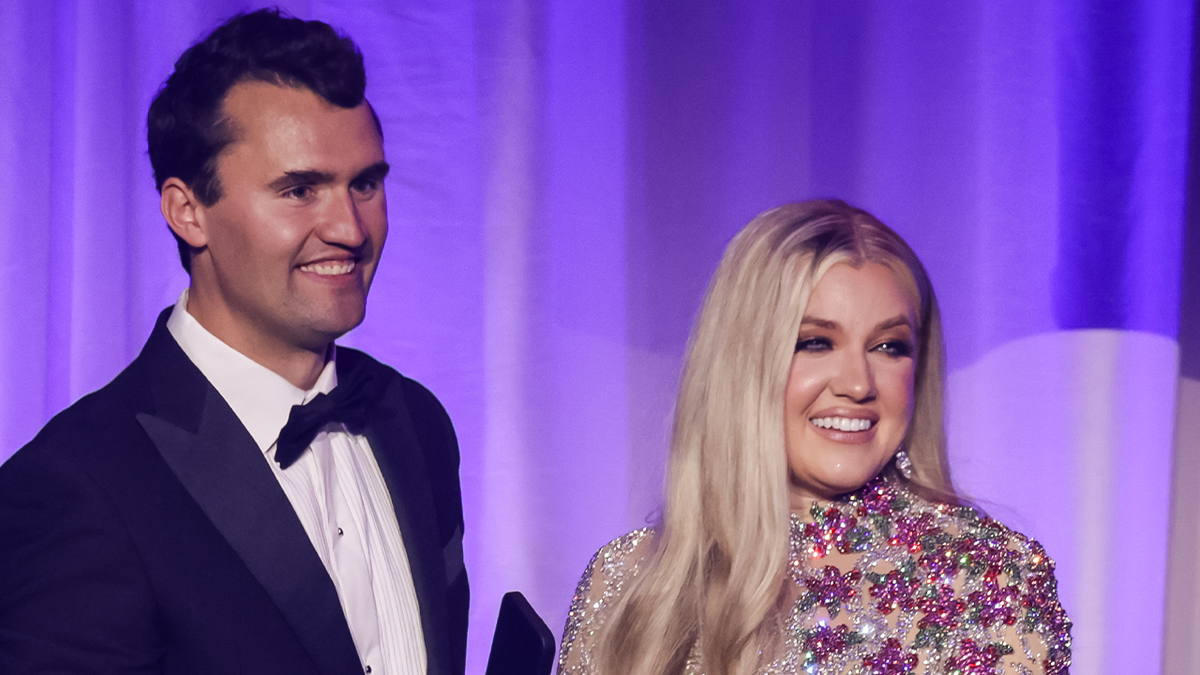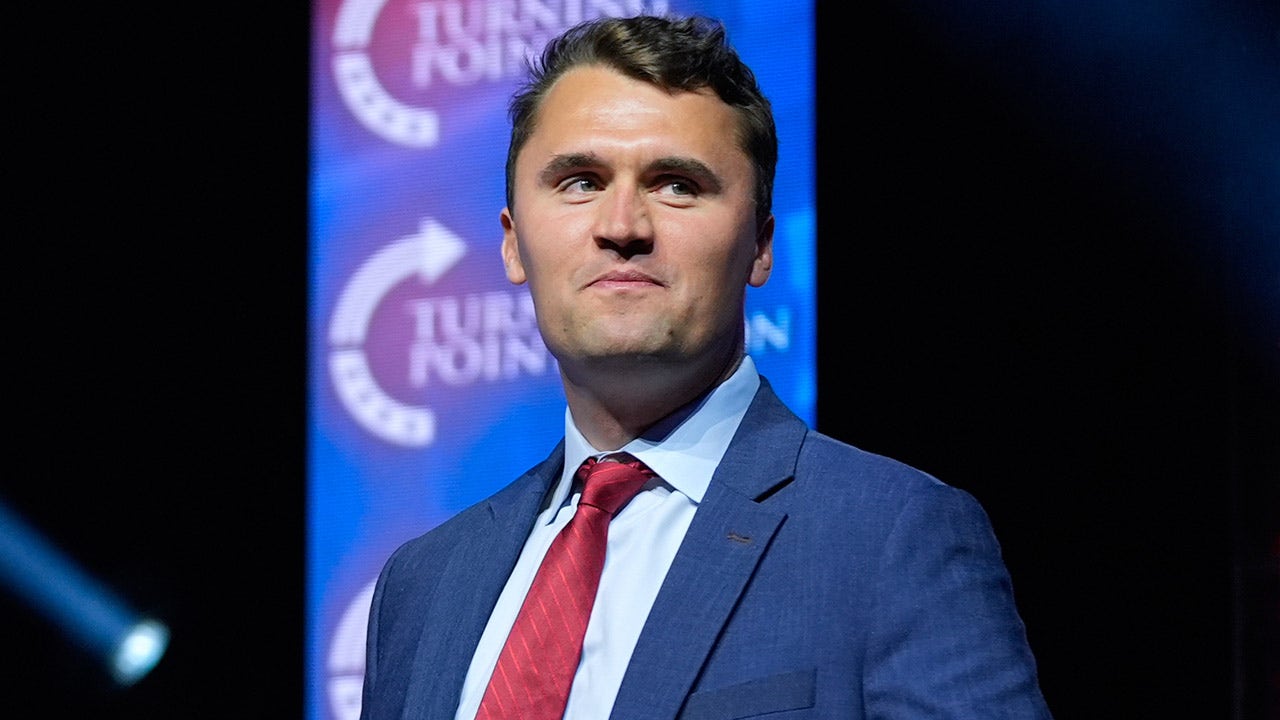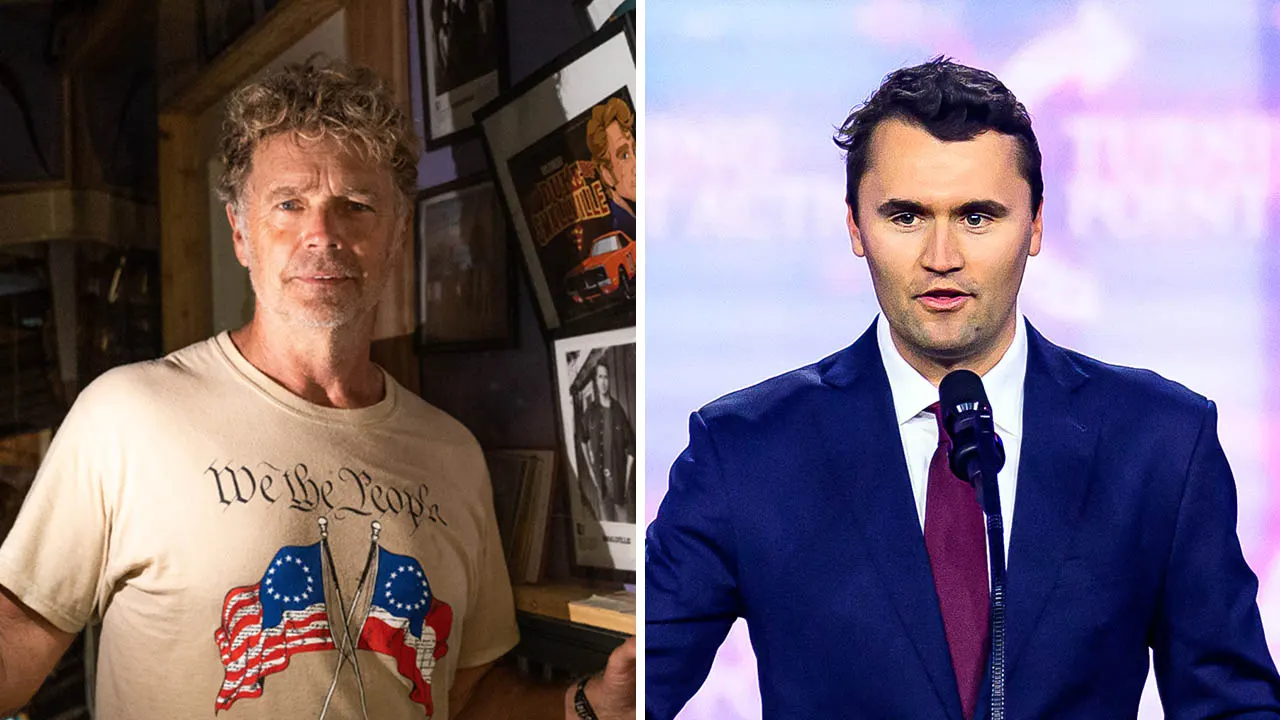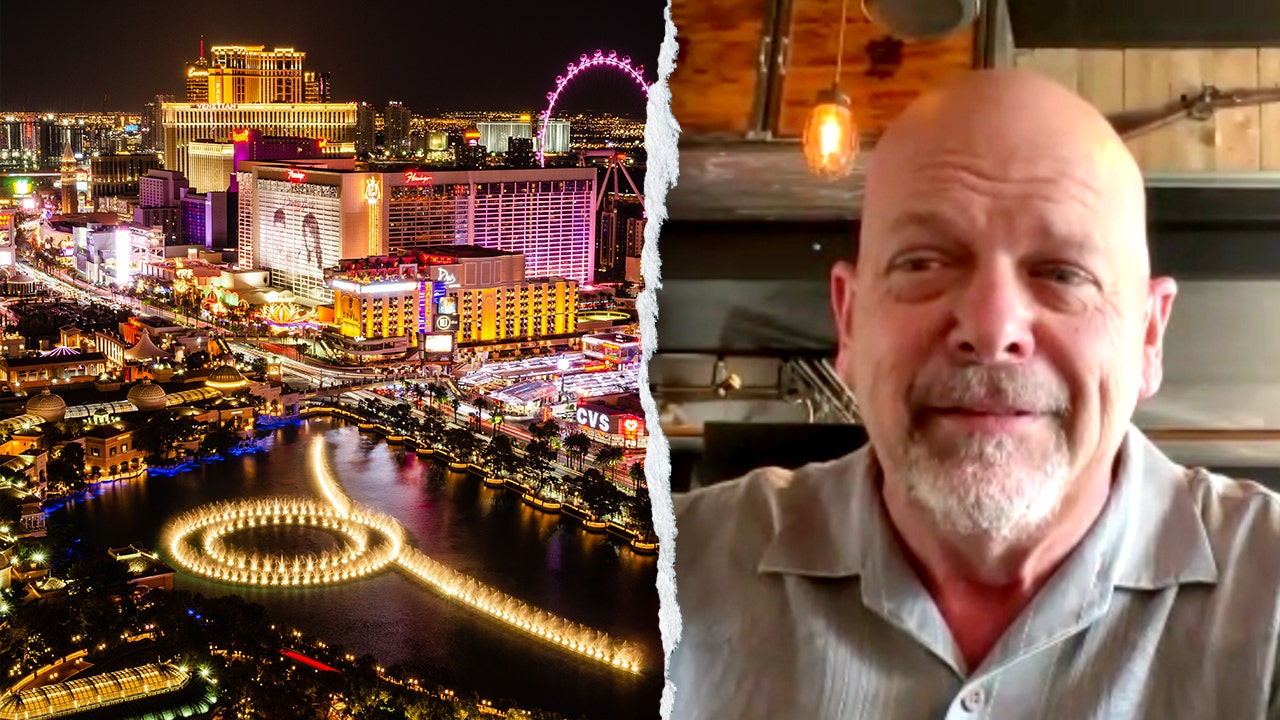Charlie Kirk assassination underscores rejection of civil debate
NEWYou can now listen to Fox News articles!
“The best lack all conviction, while the worst are full of passionate intensity.”
William Butler Yeats wrote those words about Europe after the Great War, but they ring with terrible clarity this week as we bury Charlie Kirk, murdered at 31 for the crime of arguing in public. The young man who built an empire of discourse from a suburban garage has been silenced by someone who apparently found bullets more persuasive than words.
But here is what strikes me as I reflect on this tragedy: Charlie Kirk may have been the last American who genuinely believed you could change someone’s mind with a good argument. Think about that. When was the last time you saw someone actually switch positions during a debate? When did you last witness someone say three of the most treasured words in the English language: “I was wrong?”
‘FEARLESS’ TOUR TAKES CHARLIE KIRK’S FREE SPEECH MISSION TO COLLEGES NATIONWIDE
My younger son understood this belief. He called me after Kirk’s death and shared something that possibly captured our national descent. “Dad,” he said, “I used to be like Charlie Kirk— I used to think people could be persuaded with reason.”
My son learned otherwise during the 2016 election, while in graduate school. He started getting several calls a day from classmates wanting to understand how he could support someone they genuinely believed was the modern-day equivalent of Hitler. These graduate students—educated, intelligent people pursuing MBAs—literally thought Trump was on par with Hitler and were calling my son because they could not reconcile how someone like him could support such evil.
So, in good faith, he engaged everyone who contacted him. From his own account: “I came to business school to learn things like accounting, not to practice defending myself from being called a Nazi. I lost friends through this period, and it ended up being one of the hardest times of my life.”
Let me advance an unconventional thesis: Charlie Kirk died because we have forgotten how to hate properly. G.K. Chesterton observed that “the true soldier fights not because he hates what is in front of him, but because he loves what is behind [or next to] him.” We fight not for hatred of our enemies but love of our fellow soldiers and the ideals of our country. We have inverted this wisdom. We teach our young people to hate their opponents rather than love their own principles. We have made politics a blood sport precisely because we have drained it of transcendent meaning. When you believe in nothing greater than your own righteousness, the only thing left is to destroy those who challenge your certainty.
As my son lost friends, he did something quite understandable. Shortly after Trump’s election, he stopped actively participating in politics—watching the news, talking about it with friends, and reading the articles he used to read daily. “I found myself getting physically uncomfortable when the news came on,” he told me. “Defending yourself against being called a Nazi, racist, sexist, endlessly just for communicating relatively common-sense ideas like boys go to the boys’ bathroom and girls go to the girls’ bathroom, or that throwing Molotov cocktails into police cars is a bad idea (something a classmate of his actually did during the George Floyd protests) just gets really draining after a while.”

Charlie Kirk (L) and and his wife Erika Lane Frantzve (C) during the Turning Point USA Inaugural-Eve Ball at the Salamander Hotel on January 19, 2025 in Washington, D.C. (Samuel Corum/Getty Images)
My son learned a hard, unfortunate lesson during graduate school, one countless other students have learned in recent years. The modern university, where Kirk met his end, has become the opposite of what John Henry Newman envisioned when he wrote “The Idea of a University.” Newman imagined institutions where “a habit of mind is formed which lasts through life, of which the attributes are freedom, equitableness, calmness, moderation, and wisdom.” Instead, we have created factories of fragility, where students pay $70,000 a year to have their prejudices confirmed and their triggers avoided.
The founders would have recognized Charlie immediately. Franklin with his junto, Hamilton with his newspapers, Jefferson with his correspondence, they all understood that democracy is an argument, not an answer. Madison wrote in Federalist 10 about the dangers of faction, but he never imagined we would solve the problem of faction with assassination.
Here is another unconventional thought: The problem is not that our universities are too political. They are not political in the classical sense of “political” that Aristotle meant when he called man a political animal. The university problem is that they are factories of indoctrination, especially in the liberal arts. Real politics requires engagement with difference, the ability to live alongside those you disagree with, the skill of persuasion rather than coercion. Our campuses have replaced politics with theology, and a particularly intolerant theology at that.
We have made the cost of conviction so high that capable, principled people retreat from public engagement entirely.
My son concluded his reflection with words that haunt me: “In those moments, having made the wrong choice at that juncture many times before, I hope I have the conviction and bravery to live it like Charlie and live it like Bill.” He meant Charlie Kirk, of course. The other Bill he referenced was his father — me. I am humbled by the comparison but troubled by his confession. While he admittedly tossed his hat out of the ring, and entered the non-political world of finance, he has found his comfort and happiness. But at what cost to our society?
This is what we have done to our young people. We have made the cost of conviction so high that capable, principled people retreat from public engagement entirely. We have created a world where it is safer to be silent than to speak, safer to conform than to question, safer to hide than to stand. There is a certain relief in that. But it does not come without a cost.
CLICK HERE FOR MORE FOX NEWS OPINION
The question before us is not whether we will have more Charlie Kirks—young people willing to brave hostility for their beliefs. We will. The question is whether we will have more like my son—capable people who retreat from public engagement because the cost has become too high. Few of the brightest people I know dream of entering politics—they dream of venture capital, private equity, the places where talent can still flourish without ideological inquisition. It makes brutal sense: Make enough money, and perhaps you can affect the change you want to see in society, safely insulated from the mob.
If we cannot make America safe for argument again—not just civil argument, but vigorous, passionate, even angry argument—then we should stop pretending we live in a democracy. In its literal etymological sense, democracy means “power of the people”—today it feels more like power of the perpetually aggrieved. If you are not consumed with rage, you are at home raising your family and going to work. So radical political movements naturally attract the angriest among us, not necessarily the wisest.
Charlie Kirk is dead at 31, but the idea he represented—that Americans can argue their way to truth rather than shoot their way to silence—must not die with him. My son’s generation deserves better than the choice between silence and death. They deserve what Charlie Kirk tried to give them: a place at the table, a voice in the conversation, and the right to speak without being murdered for it. Our children and grandchildren deserve it.
CLICK HERE FOR MORE FROM WILLIAM J. BENNETT
Source link
editor's pick
latest video
Sports News To You
Subscribe to receive daily sports scores, hot takes, and breaking news!




